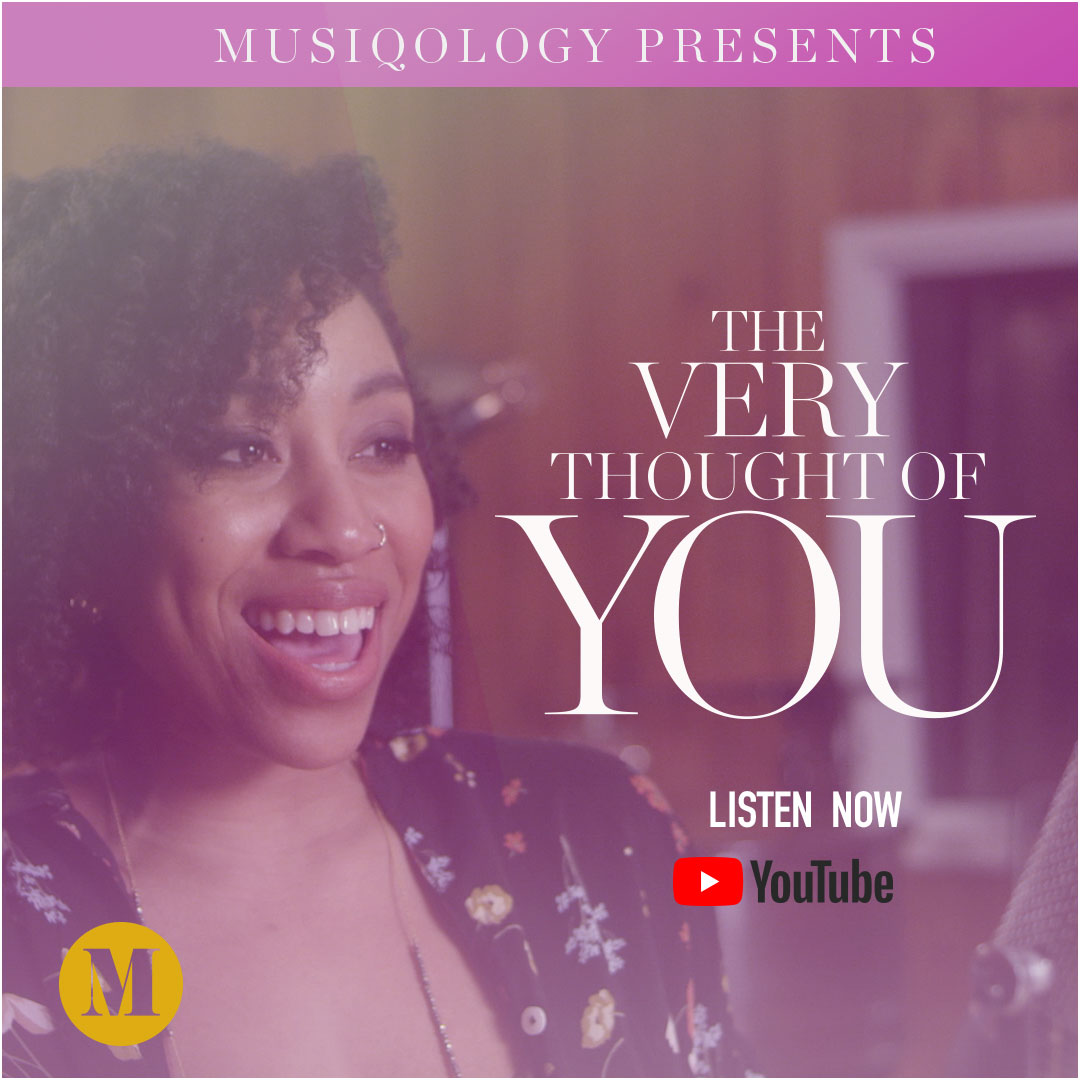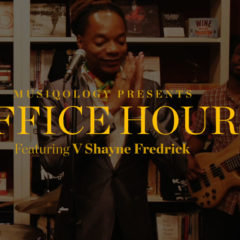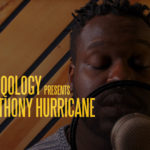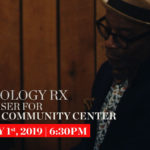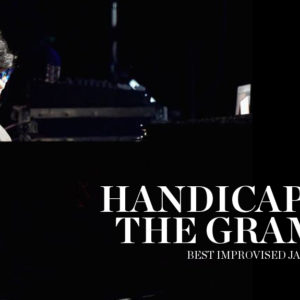There are a few sounds in the world that just bring me emotional pleasure. The sound of my mother’s voice. A baby’s laugh. Roberta Flack’s first two LPs. John Coltrane’s tenor. Those always seem to do the right thing for me.
Yet, there is one sound that produces feelings I struggle to put into words—that of the vibes. The sound of the vibraphone is unique; it rings with nostalgia but also summons the heart of Africa. It’s old and new all at once.
I probably became familiar with the tone as a baby with toy xylophones. So many parents confuse this with the vibraphone—they’re different! The toy might drive parents crazy, but the sound to a child must be exhilarating—Studies have even shown that children are stimulated by high-pitched sounds. (My experience as a former preschool teacher has confirmed this). But whatever the case, the vibes have a resonance that shakes your bones.
I decided to come up with a list of a few of my favorite vibists’ lead records. No, there aren’t any big “break” or “über rare” LPs in this list. Why? It’s simple—because these records have more to do with emotions and not their popularity amongst collectors. Before you go searching out Paris Smith records, you might wanna learn about Lionel Hampton, homie.
Bill Lewis and Khan Jamal, The River (Philly Jazz, 1977)
This was the first and only Khan Jamal LP I have come across in my travels. Not rare at all, in or outside of Philadelphia, this is the only Philly Jazz related LP that can be called “common”. Amazingly, the marimba is being played in duet with the vibraphone here. The quality of the LP is meditative all the way through, as I imagine both musicians enjoying themselves while casually looking over at each other trying to figure out what the other is thinking.
Gary McFarland with special guest Bill Evans, The Gary McFarland Orchestra (Verve, 1963)
Gary McFarland is one of my favorite composer/arrangers ever. Period. He, along with the masterful Steve Kuhn, is responsible for the record entitled October Suite (Impulse!, 1967), one of my favorite records in the world. Joining him on this adventure is legendary pianist Bill Evans (he really should not need an introduction). In modern speak, the LP would fit into the Third-Stream category, which combines elements of Jazz with European traditional music. Though the term was coined by Gunther Schuller or John Lewis of The Modern Jazz Quartet, it is a bit limited when it comes to describing the overall feel of many of the LPs encompassed within its categorization. But it works. This orchestra LP is something special, like ice skating for the first time…or your first kiss…or the first day of college. You get the drift. There is a heavy amount of special energy attached to this LP.
Walt Dickerson, The Complete New Jazz Recordings (New Jazz, 1961-2)
Walt Dickerson is, sadly, a long forgotten figure, even to jazz aficionados. He cut four LPs for the Prestige imprint New Jazz, all of which are beautiful and tranquil, before retiring from music for a spell. When he returned, he recorded primarily for the Steeplechase (Denmark), Why Not, and Trio (both Japan) labels. Born and raised in Philadelphia, I know little about his life. Of this period of recordings, his most well-known might be To My Queen (New Jazz, 1962), which has been in print for quite some time (the other three being This is Walt Dickerson, A Sense of Direction, and Relativity). The quartet format allows for Dickerson to expand on themes pretty easily and in great length, leaving room for Austin Crow or Andrew Hill to solo or back him up. Produced by Esmond Edwards (of Chess/Argo fame) this two-CD set of Dickerson’s New Jazz output is worth having for anyone looking to explore the sounds similar to Andrew Hill’s Judgment (Blue Note, 1964).
Milt Jackson, Wizard of the Vibes (Blue Note, 1948-52)
Interestingly enough, I think that had “Bags” (Milt Jackson’s nickname) not come along, more people would know the work of Lionel Hampton. Let us get something straight: I am not going to sit here and criticize Hamp. Never! But you have to understand that before there was The Modern Jazz Quartet (which Jackson co-led, kind of, with the aforementioned John Lewis) there was Bags with Dizzy Gillespie, and this 10” piece of perfection for Blue Note. I remember buying the expanded LP version of this around the age of 17 or 18 and being underwhelmed by it (God I was an idiot). I had grown accustomed to the more funk-laced/sample-driven style of Roy Ayers and hadn’t really gotten around to exploring “straight-ahead” styles yet. Joined by most of the soon-to-be MJQ, Thelonious Monk, and a super young Lou Donaldson, this LP was probably the first “big” vibes LP in the Bebop realm, and for good goddamn reason.
Bobby Hutcherson, Dialogue (Blue Note, 1965)
I’m not going to get too deep into this LP, because for me it deserves its own separate essay. Released after his first session, The Kicker (Blue Note, recorded in 1963, but not released until 1993), got shelved, Hutcherson entered into Rudy Van Gelder’s studios to cut my favorite vibist LP. Featuring the now all-star line-up of Andrew Hill, Freddie Hubbard, Sam Rivers, Richard Davis, and Joe Chambers and clocking in at about 45 minutes, Bobby and the crew put down some of the greatest music ever caught on tape. Hill and Chambers composed all the tunes, and most of the cast gets equal solo time throughout the album. It shifts from Caribbean grooves to more avant-garde side of things from beginning to end. When I listen to this LP, my distant connection with Hutcherson always comes up. My dear friend Dwayne Burno (1970-2013) played with Bobby for a bit and it always reminds me of how this music has brought powerful Black men of all ages together. Though Bobby recorded plenty of material as a leader and sideman, before and after, this LP will always remain my favorite of his records, and probably my favorite piece of vibes history. Sadly, Hutch departed this world in 2016, but his memory will live on through those that knew him and his amazing music.
Born and raised in West Baltimore, Maryland, Gabriel Jermaine Vanlandingham-Dunn has been collecting Black music for the majority of his life. After moving to Philadelphia he switched from being a full time music maker to Africana Studies major/writer focused on the Black Arts. His focus is independent Black Arts from the 1950-1970s. Following in the footsteps of Amiri Baraka, he hopes to publish work that will reexamine the role of Africana history in all disciplines of the arts. He also just bought his first set of vibes, but is too busy writing papers to practice on them. Contact him via email.

 Share On Facebook
Share On Facebook Tweet It
Tweet It

